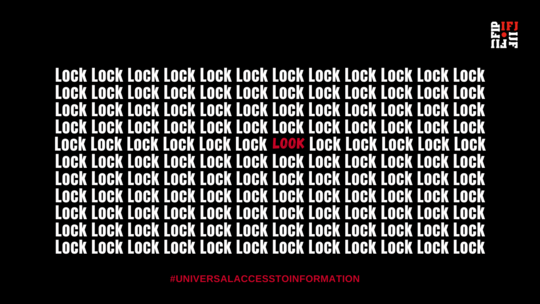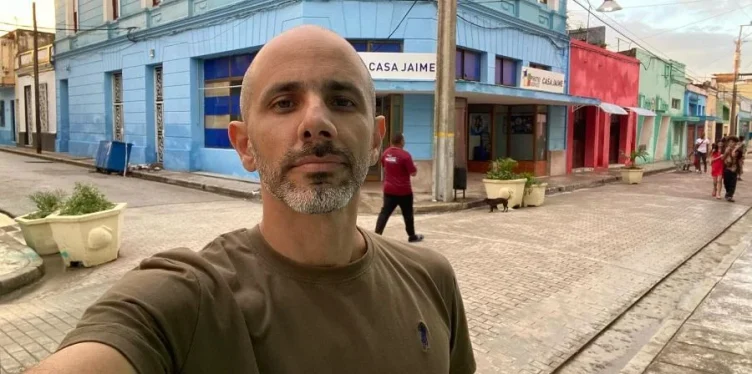
Truth Without Borders: IJ4EU Awards Honor Cross-Border Journalism’s Impact
September 26, 2024
No to Secrets: Journalists Worldwide Demand End to Information Blackouts
September 27, 2024September 27, 2024 – Brazil –
In the month leading up to Brazil’s October 2024 municipal elections, journalists faced an unprecedented wave of online hostility. According to a report by the Coalition in Defense of Journalism (CDJor), more than 37,000 online attacks were recorded against journalists between August 15 and September 27—an alarming figure that underscores a growing crisis for press freedom in Brazil’s digital sphere.
The majority of these attacks—nearly 90%—were launched on X (formerly Twitter), where journalists were systematically targeted with slurs, threats, and campaigns aimed at discrediting their work. Reporters Without Borders (RSF), a member of CDJor, noted that the vitriol was particularly intense against investigative reporters and those covering political corruption. Many were branded “liars,” “traitors,” and “trash,” while others received direct threats of violence.
The report identified a disturbing pattern of political coordination behind many of the attacks. Far-right political actors and supporters of former President Jair Bolsonaro were frequently involved, leveraging social media to incite hostility toward journalists they perceived as critical of their ideology. These digital assaults were often amplified during campaign rallies and live broadcasts, where media personnel were insulted and, in some cases, physically harassed.
Women and minority journalists bore the brunt of the abuse. Female reporters received over two-thirds of the hate on Instagram and more than half on X. Black journalists were also disproportionately targeted, facing both gendered and racialized insults. This intersectional harassment not only endangers individuals but also risks silencing entire voices within the media landscape.
The online abuse wasn’t just virtual. At least seven incidents of physical aggression against journalists were reported during this period, including intimidation, equipment seizure, and threats with firearms.
RSF and its partners are calling for urgent action: social media platforms must enforce stronger protections, Brazilian authorities should investigate coordinated abuse campaigns, and newsrooms must offer legal and psychological support to their staff.
As Brazil prepares for pivotal elections, the ability of journalists to work without fear—both online and off—is essential for a functioning democracy. Without swift intervention, the digital targeting of journalists could become the new frontline of press repression.
Reference –




